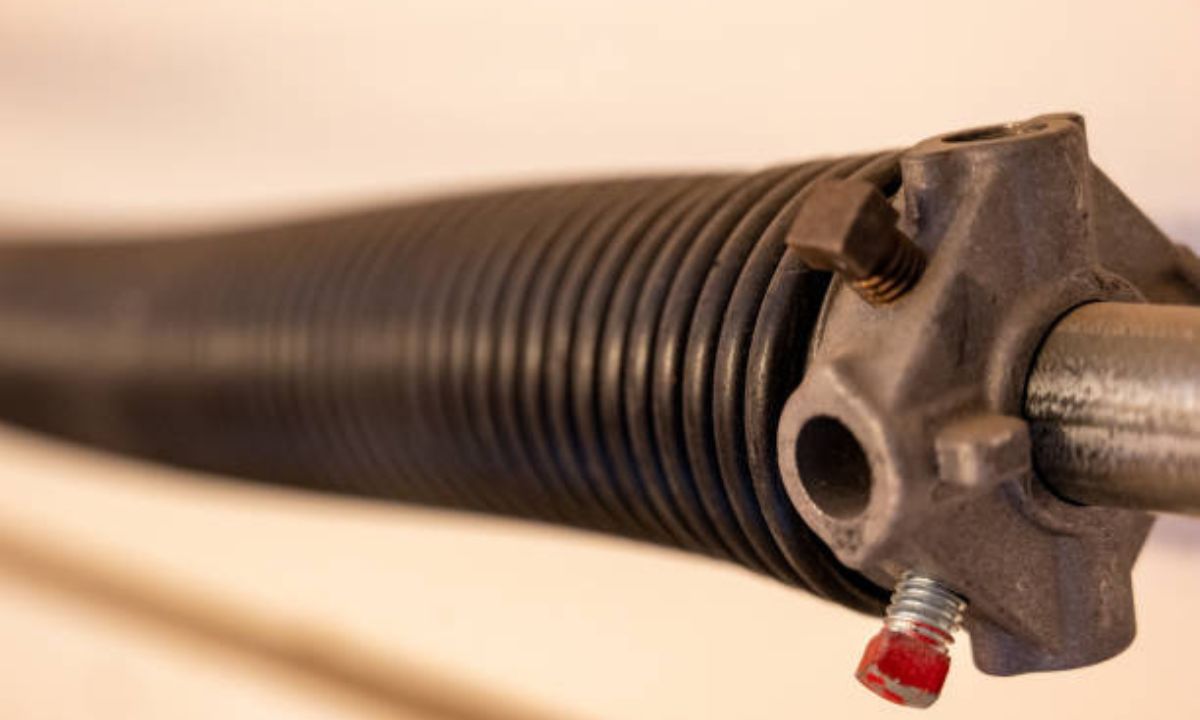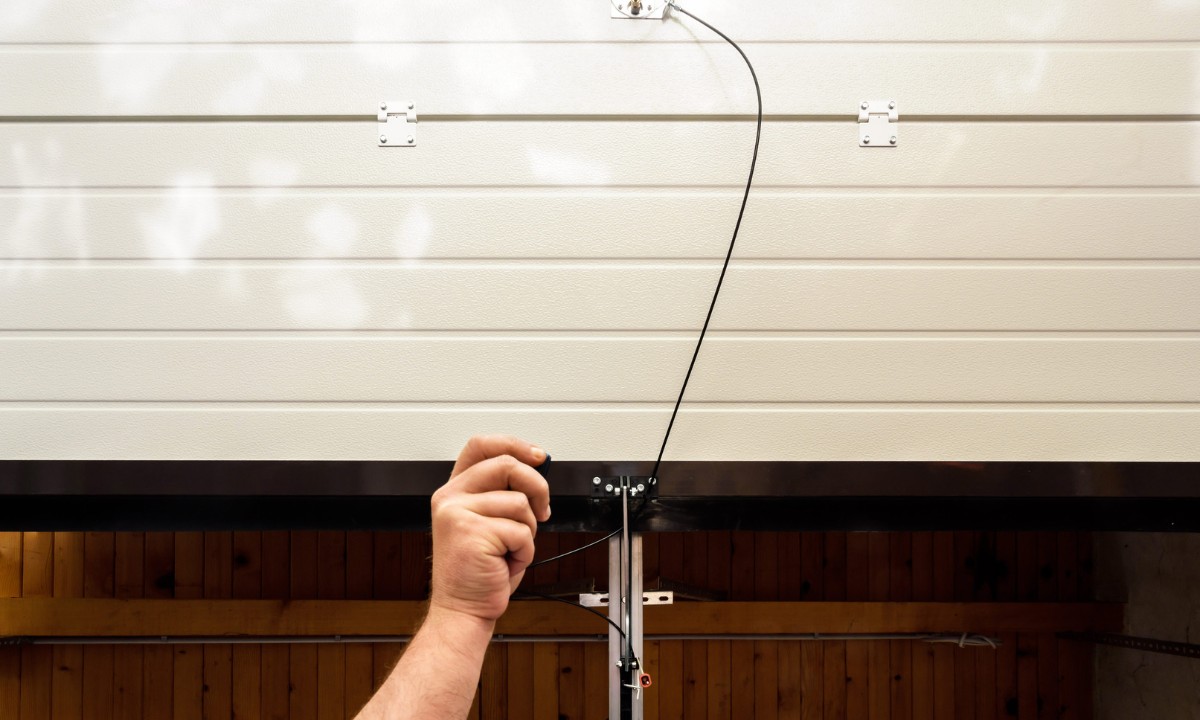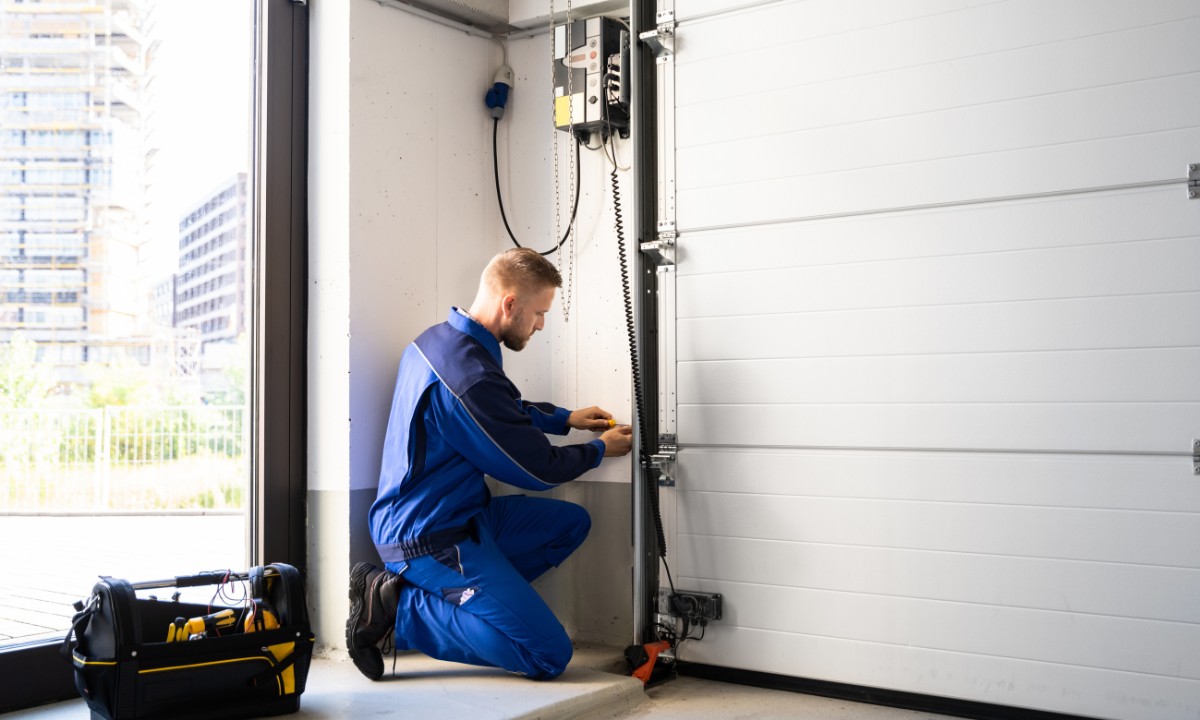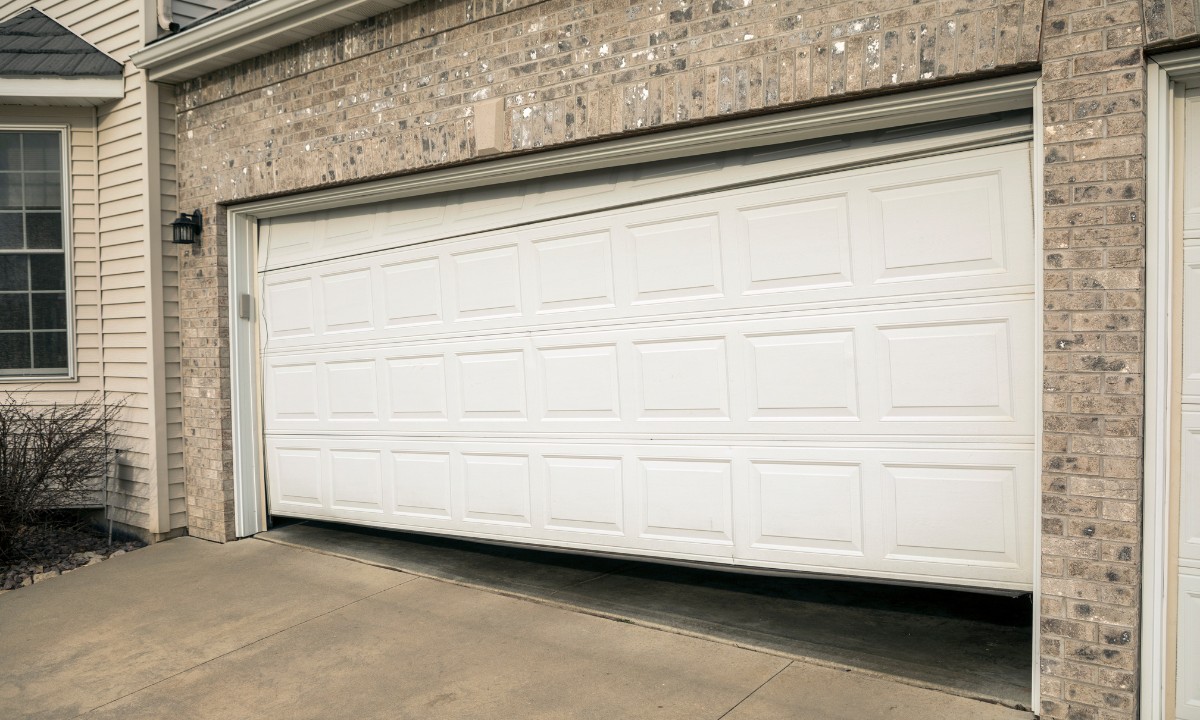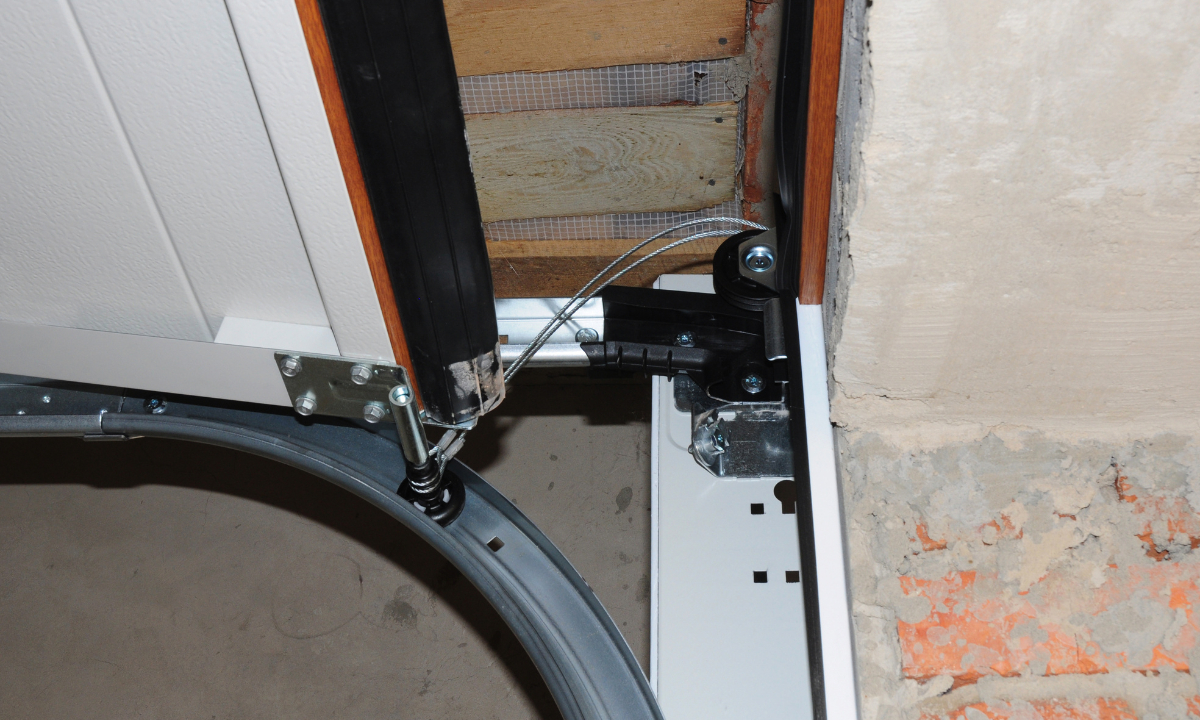Choosing Parker, Colorado's Best
Garage Door Spring
Introduction
The weather in Parker, Colorado,
varies from chilly, snowy winters to hot, sunny summers, all year round. The
lifespan and functionality of garage door parts, especially the springs, might be
impacted by these temperature swings. Selecting the proper garage door spring
type is crucial for Parker homeowners to ensure safe, dependable functioning
over the long term. This guide will assist you in choosing the ideal spring
type for your garage door requirements by explaining the many types of springs
that are available.
Overview of Parker, Colorado's
Garage Door Spring Options
Parker's varied environment causes
garage door springs to deteriorate, so it's important to select strong, premium
springs that can survive the area's climate. Knowledge of the distinctions
between extension and torsion springs and how to spot any problems will help
homeowners make well-informed decisions about replacing or repairing their
springs.
Contact Information
Call David Garage Door Spring Repair
at 720-637-1313 for expert garage door spring replacement and repair in Parker,
Colorado.
Different Spring Repair Types
There are two primary varieties of
garage door springs, each with unique traits and maintenance requirements.
The force required to raise and
lower a garage door is produced by twisting torsion springs, which are
positioned horizontally above the door. These springs offer consistent, smooth
action, making them perfect for heavy garage doors. Compared to extension
springs, torsion springs are often more resilient and require fewer
replacements.
Extension Springs
These springs, which stretch as the
garage door opens, are found on either side of the door. Because extension
springs are less expensive than torsion springs, they are frequently seen on
lighter garage doors. But they tend to wear out more quickly, so you might need
to replace or modify them more frequently.
Problems with Springs
Garage door springs are subject to
wear and tear, as well as weather and neglect over time. Early detection of
these problems can help avert unexpected failures.
Broken Springs
A broken spring is frequently
indicated by an abrupt, loud snapping sound. The door may become heavy and
challenging to open or close if a spring breaks. This indicates that a
replacement is required right away.
Rust and Corrosion
When springs are exposed to
moisture, rust can form, weakening the metal and raising the risk of failure.
Although rust accumulation can be avoided with regular lubrication, excessive
rust will need replacing the springs.
Loss of Tension
Springs may get less tensioned with
time, which can make a garage door seem heavy or perform unevenly. It could be
time to check the springs for tension loss if you hear strange noises or find
the door difficult to move.
Replacing Springs
It's crucial to select the
appropriate sort of garage door spring replacement depending on the size,
weight, and frequency of use of your garage door. It is frequently advised to
replace both springs at the same time in order to preserve balance and
guarantee smooth functioning.
Selecting the Appropriate Spring
Extension vs. Torsion Springs
Because torsion springs are more
durable and evenly distribute weight, they are the ideal option for homeowners
with heavier garage doors. Compared to extension springs, they operate more
smoothly and have a longer lifespan. Extension springs are more affordable for
lighter doors, but they could need more regular maintenance.
High-Cycle Springs
If you use your garage door a lot,
you should think about getting high-cycle springs. These springs are a wise
purchase for active homes because of their extended lifespan and ability to
withstand more opening and closing cycles.
Material Considerations
Because Parker weather can be
unpredictable, homeowners should use springs constructed of premium,
rust-resistant materials. Choosing springs with a protective coating can
increase their longevity and lower the possibility of rust-related problems.

